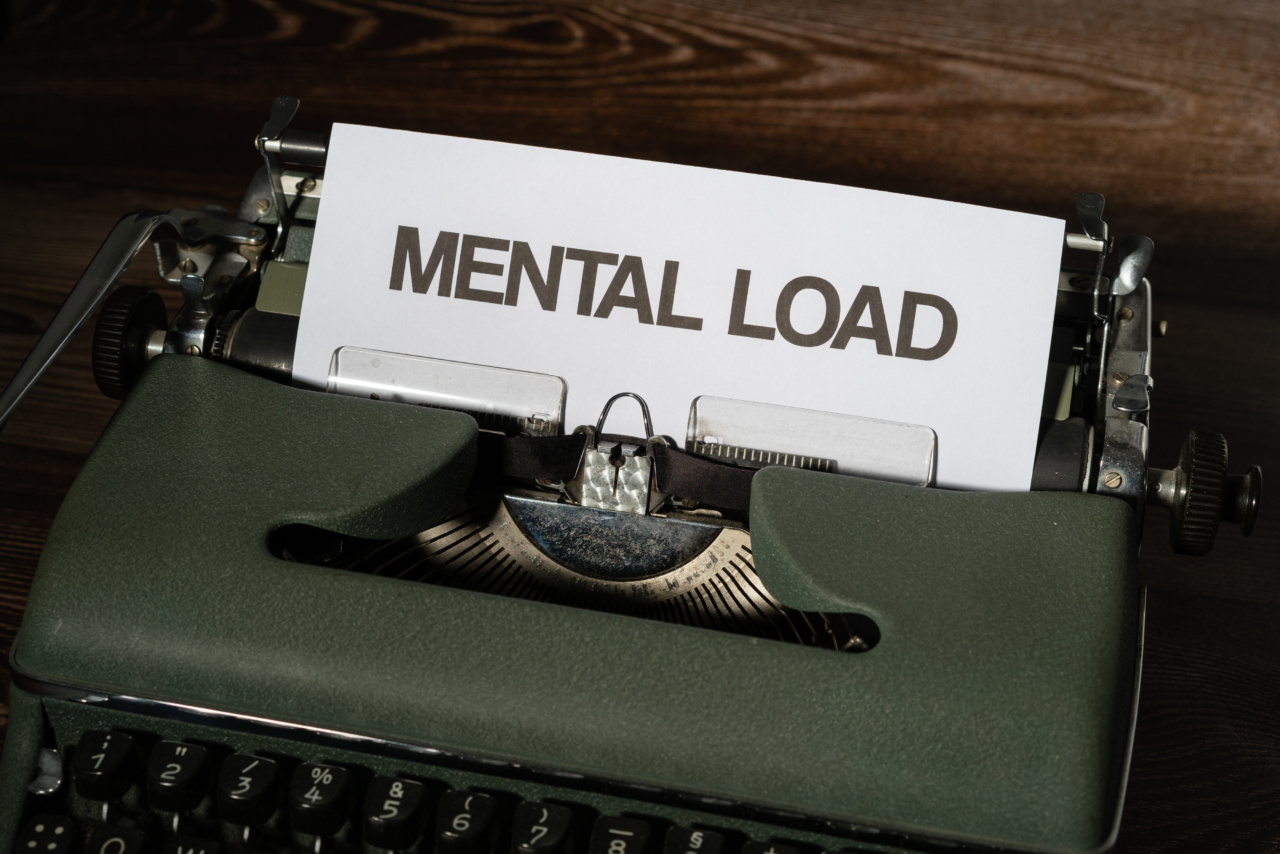Stress has become an inherent part of our fast-paced lives. From workplace pressures to personal challenges, stress can creep in at any moment and wreak havoc on our mental and physical well-being.
While stress is a normal response to certain situations, chronic stress can have serious consequences. Understanding the signs and symptoms of stress is crucial in order to address and manage it effectively.
Physical Symptoms of Stress
Stress affects our bodies in various ways. Some common physical symptoms of stress include:.
- Headaches and migraines
- Muscle tension and pain
- Stomach problems, such as indigestion or nausea
- Rapid heartbeat
- Changes in appetite (overeating or loss of appetite)
- Insomnia or excessive sleep
- Increased susceptibility to illnesses, like colds and infections
Emotional and Behavioral Symptoms of Stress
Stress doesn’t just affect us physically, but also emotionally and behaviorally. Here are some common emotional and behavioral symptoms of stress:.
- Irritability and anger
- Feeling overwhelmed or unable to relax
- Difficulty concentrating or making decisions
- Excessive worrying or racing thoughts
- Changes in mood, such as mood swings or depression
- Withdrawal from social activities or relationships
- Procrastination or lack of motivation
The Importance of Taking Responsibility
When faced with stress, one crucial step towards managing it effectively is taking responsibility for our own well-being. Taking responsibility means acknowledging that we have the power to influence and control our reactions to stressors.
It involves actively making choices that help reduce stress levels and promote overall well-being.
Here are a few reasons why taking responsibility is important when dealing with stress:.
1. Empowerment and Control
Taking responsibility empowers us to take control of our lives. By recognizing that we have the power to make choices, we regain a sense of control amidst the chaos of stress.
Instead of feeling overwhelmed, we can actively seek strategies and solutions to reduce stress and improve our overall well-being.
2. Focus on Solutions
Taking responsibility shifts our focus from dwelling on the problems to seeking solutions. When we take ownership of our stress levels, we are more likely to prioritize finding effective coping mechanisms and problem-solving strategies.
This proactive approach helps us navigate through stress more efficiently.
3. Building Resilience
By taking responsibility for our stress, we cultivate resilience. Resilience is the ability to bounce back and adapt in the face of adversity.
When we take ownership of our stress, we develop resilience by learning from our experiences, developing healthy coping mechanisms, and building the emotional strength required to face future challenges.
4. Preventing Burnout
One of the dangers of chronic stress is burnout. Burnout can lead to physical and emotional exhaustion, reduced productivity, and a diminished sense of accomplishment.
Taking responsibility for managing stress helps prevent burnout as we actively engage in self-care practices, set boundaries, and prioritize our mental health.
5. Improved Relationships
Stress can often lead to strained relationships. By taking responsibility for managing our stress, we can improve our relationships with others.
When we are proactive in addressing our stress levels, we are better equipped to communicate our needs effectively, maintain healthy boundaries, and create a supportive environment for ourselves and those around us.
Strategies for Taking Responsibility
Taking responsibility for our stress requires conscious effort and the implementation of various strategies. Here are some strategies to help take responsibility and effectively manage stress:.
1. Self-awareness
Developing self-awareness is essential in taking responsibility for stress. Take the time to identify the stressors in your life and how they impact you physically, emotionally, and behaviorally.
Becoming aware of your stress triggers empowers you to make better choices.
2. Healthy Lifestyle
Prioritizing a healthy lifestyle is crucial in managing stress. This includes regular exercise, a balanced diet, and plenty of sleep.
Engaging in activities that bring joy and relaxation, such as hobbies or mindfulness practices, can significantly reduce stress levels.
3. Time Management
Effective time management can alleviate stress. Prioritize tasks and break them down into manageable chunks. Delegate when possible, and learn to say no to excessive commitments.
Creating a realistic schedule and allowing time for self-care helps in reducing stress levels.
4. Setting Boundaries
Setting boundaries is vital to managing stress. Learn to assertively communicate your needs and say no to activities or situations that overwhelm you.
Establishing clear boundaries with work, family, and social life ensures that you have time and energy for yourself.
5. Effective Communication
Developing effective communication skills is key in taking responsibility for stress. Express your feelings and concerns to trusted individuals, whether it’s friends, family, or a therapist.
Open and honest communication can help alleviate stress and create a support network.
6. Seeking Support
Don’t hesitate to seek support when needed. Reach out to friends, family, or professional counselors who can offer guidance and aid in managing stress.
Sometimes, talking to someone and gaining a different perspective can provide the clarity and support we need.
Conclusion
Stress is an inevitable part of life, but taking responsibility for managing it is crucial.
By recognizing our power to control our reactions and implement strategies to reduce stress, we regain a sense of empowerment, focus on solutions, and build resilience. Taking responsibility helps prevent burnout, improves relationships, and promotes overall well-being.
Through self-awareness, embracing a healthy lifestyle, effective time management, setting boundaries, and seeking support, we can effectively manage stress and lead a calmer, more fulfilling life.































